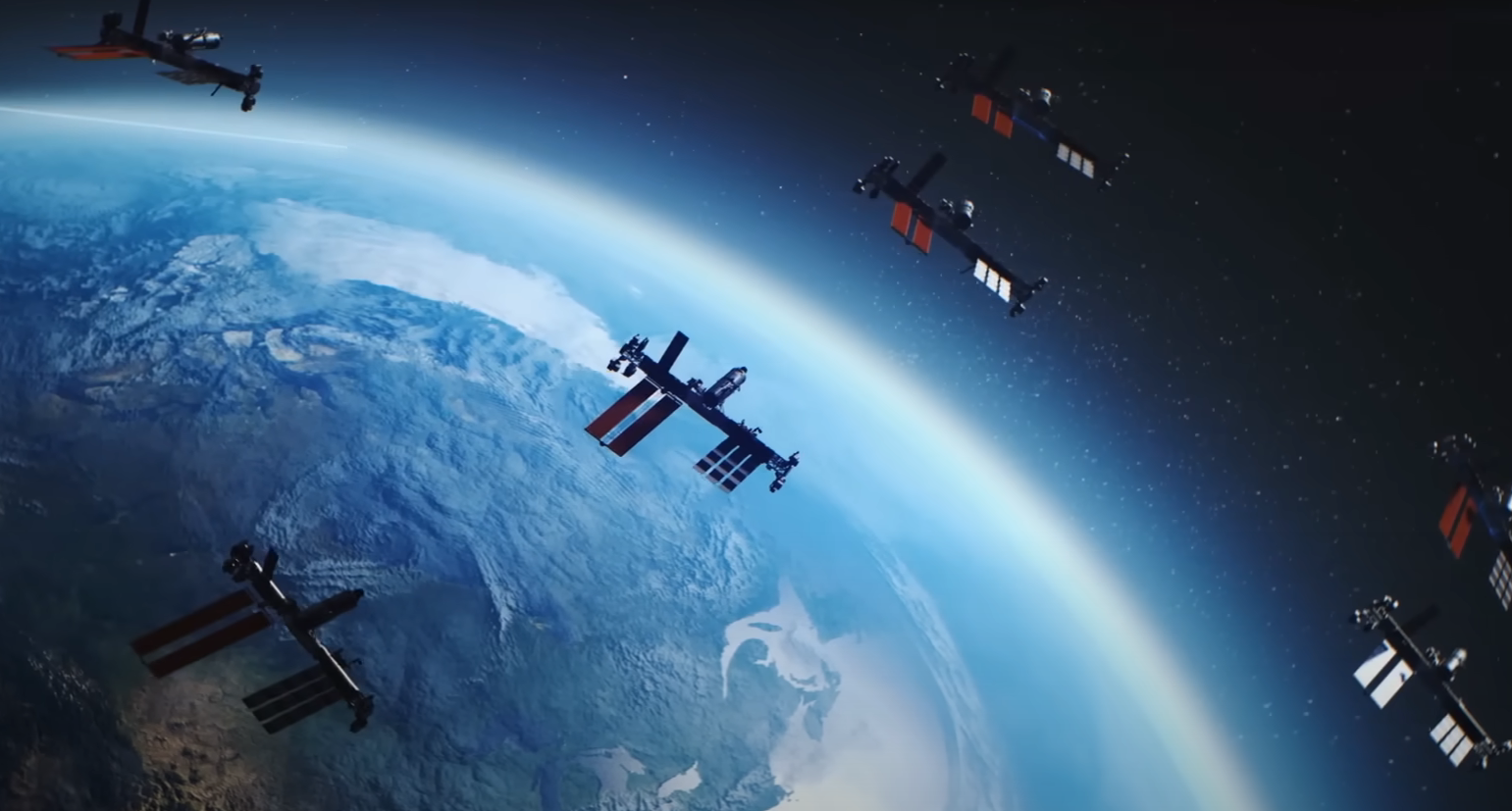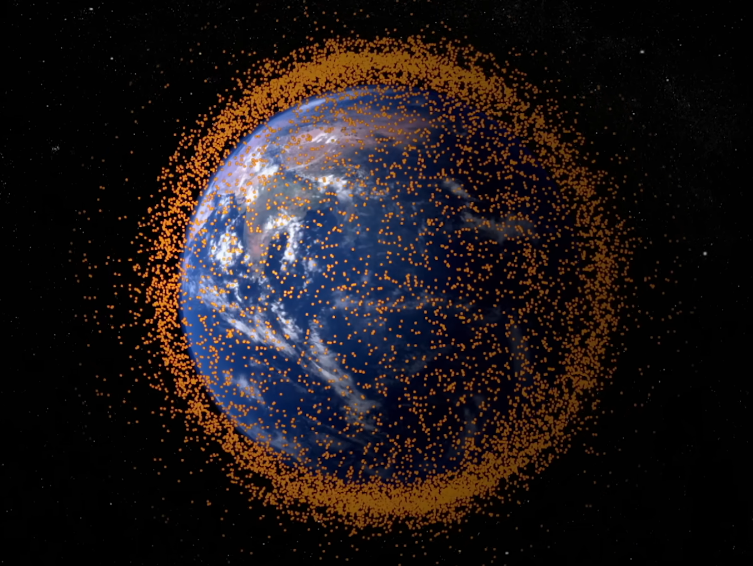Space Exploration Technologies
Space exploration technologies have revolutionized our understanding of the universe, pushing the boundaries of human knowledge and opening doors to unprecedented opportunities. From the early days of rudimentary rockets to the sophisticated spacecraft of today, humanity’s quest to explore the cosmos has been fueled by innovation, curiosity, and a relentless spirit of adventure.


Advancements in Space Exploration Technologies
Rockets and Propulsion Systems
At the heart of space exploration lies the development of powerful rockets and propulsion systems capable of escaping Earth’s gravity and venturing into the depths of space. Over the decades, significant advancements in propulsion technology have enabled spacecraft to travel farther and faster than ever before.
Satellites and Space Probes
Satellites and space probes play a crucial role in space exploration, providing valuable data about distant planets, moons, and celestial phenomena. These unmanned spacecraft are equipped with a variety of scientific instruments and sensors, allowing researchers to study everything from the composition of distant planets to the structure of the cosmos itself.
Rovers and Landers
In recent years, the deployment of rovers and landers to other celestial bodies has revolutionized our understanding of the solar system. From the Mars rovers exploring the red planet’s surface to the historic landing on the surface of a comet, these robotic explorers are paving the way for future human missions to other worlds.
Key Players in Space Exploration
Several organizations and agencies are at the forefront of space exploration, driving innovation and pushing the boundaries of what is possible. Among the most prominent players are NASA, SpaceX, and the European Space Agency (ESA), each contributing unique capabilities and expertise to the field.


Benefits of Space Exploration Technologies
- Scientific Discoveries
Space exploration has led to countless scientific discoveries, shedding light on the origins of the universe, the formation of galaxies, and the existence of extraterrestrial life. By studying distant planets, stars, and galaxies, researchers can gain insights into fundamental questions about our place in the cosmos.
- Technological Advancements
The pursuit of space exploration has spurred the development of new technologies and innovations that have far-reaching implications beyond the realm of space travel. From satellite communication systems to medical imaging technology, the spin-off benefits of space exploration are felt in numerous industries around the world.
- Economic Opportunities
Space exploration also presents significant economic opportunities, driving growth and innovation in industries such as aerospace, telecommunications, and resource extraction. As private companies increasingly enter the space industry, the commercialization of space is expected to accelerate, opening up new markets and revenue streams.
Challenges and Risks in Space Exploration
Despite its immense potential, space exploration is not without its challenges and risks. The high cost of space missions, coupled with technical difficulties and logistical hurdles, presents formidable obstacles to progress in the field. Moreover, the long-term environmental impact of space exploration, including issues such as space debris and contamination, remains a concern.
Future of Space Exploration Technologies
Looking ahead, the future of space exploration holds boundless possibilities, from the prospect of colonizing Mars to the dream of interstellar travel. As technology continues to advance and new frontiers are explored, humanity stands on the brink of a new era of space exploration unlike anything seen before.
Ethical Considerations in Space Exploration
As we venture further into the cosmos, it is essential to consider the ethical implications of our actions. Issues such as planetary protection, space debris management, and the equitable distribution of resources in space must be carefully addressed to ensure the responsible and sustainable exploration of the universe.
Impact of Space Exploration on Society
Beyond its scientific and technological significance, space exploration has a profound impact on society, inspiring future generations of scientists, engineers, and explorers. By fostering international collaboration and cooperation, space exploration serves as a symbol of humanity’s collective aspirations and ambitions.
Conclusion
In conclusion, space exploration technologies have transformed our understanding of the universe, pushing the boundaries of human knowledge and inspiring generations to reach for the stars. As we continue to explore the cosmos, let us embrace the challenges and opportunities that lie ahead, working together to unlock the mysteries of the cosmos and shape the future of humanity’s journey into space.
FAQs (Frequently Asked Questions)
- How has space exploration advanced our understanding of the universe?
Answer: Space exploration has provided valuable insights into the origins, composition, and evolution of celestial bodies, helping scientists unravel the mysteries of the cosmos.
- What are some of the practical benefits of space exploration technologies?
Answer: Space exploration technologies have led to innovations in various fields, including telecommunications, satellite imaging, and medical diagnostics, with applications that benefit society as a whole.
- What are the main challenges facing future space exploration missions?
Answer: Cost, technical complexity, and environmental considerations are among the primary challenges facing future space exploration missions, along with the need for international cooperation and collaboration.
- How do space agencies ensure the safety and integrity of space missions?
Answer: Space agencies employ rigorous safety protocols and quality control measures to minimize the risks associated with space missions, including extensive testing, redundancy systems, and thorough training for astronauts.
- What role do private companies play in the future of space exploration?
Answer: Private companies are playing an increasingly prominent role in space exploration, driving innovation, lowering costs, and expanding access to space through initiatives such as commercial satellite launches, crewed space missions, and asteroid mining.
- How do space agencies deal with the issue of space debris?
Answer: Space agencies employ various strategies to mitigate the threat of space debris, including tracking and monitoring debris, implementing collision avoidance maneuvers, and developing technologies to remove debris from orbit.
- What are the potential risks to human health during long-duration space missions?
Answer: Long-duration space missions pose several risks to human health, including exposure to cosmic radiation, microgravity-induced muscle and bone loss, and psychological challenges associated with isolation and confinement. Space agencies conduct extensive research to mitigate these risks and ensure the well-being of astronauts.
- What are the prospects for establishing permanent human habitats in space?
Answer: Establishing permanent human habitats in space, such as lunar bases or space stations orbiting other celestial bodies, is a long-term goal of space exploration. Advances in technology and international collaboration are paving the way for the realization of this vision, with projects such as NASA’s Artemis program and plans for lunar colonization gaining momentum.
- How does space exploration contribute to environmental sustainability on Earth?
Answer: Space exploration provides valuable data and insights that contribute to environmental sustainability on Earth, including monitoring climate change, studying natural disasters, and managing natural resources more efficiently. Satellite-based technologies, such as remote sensing and Earth observation, play a critical role in these efforts.
- What are the implications of space exploration for international cooperation and diplomacy?
Answer: Space exploration fosters international cooperation and diplomacy by bringing together nations with shared interests and goals in exploring and understanding the cosmos. Collaborative space missions, such as the International Space Station (ISS), serve as platforms for cooperation, promoting peaceful relations and mutual understanding among countries.

